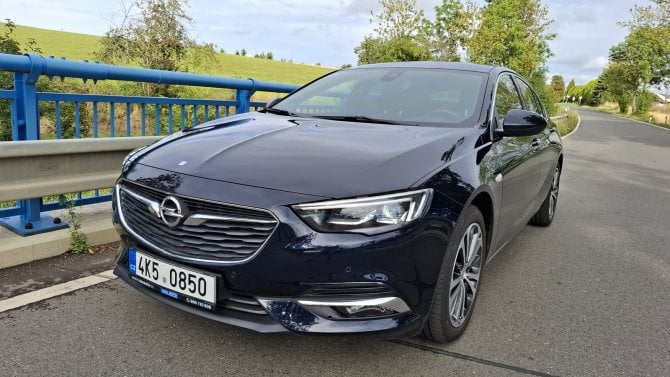...
Sharp criticism of the United States by Russian President Vladimir Putin does not mark the start of a new Cold War but raises "awkward questions" the West must answer, a senior Kremlin official said on Tuesday.
Anatoly Safonov, Putin's special envoy on counter-terrorism, told Reuters in an interview that the two countries had forged a strong intelligence-sharing relationship that would not be damaged by their political differences.
He said a careful reading of Putin's speech in Munich this month, when he accused Washington of pursuing policies aimed at making it "one single master" in world affairs, showed that he was raising "a challenge -- major questions for new dialogue".
"Instead of an answer to the question, we immediately hear 'it's an aggressive speech, it's the return of the Cold War.' It's an awkward question but (the West should) answer the question," said Safonov, interviewed at a security conference organised by the EastWest Institute in Brussels.
Among the questions needing answers, he said, was why the United States planned to deploy parts of an anti-missile system in Poland and the Czech Republic, despite NATO pledges in the early 1990s not to establish military bases on the territory of former Warsaw Pact states.
"That's what we were frankly promised. Yes, probably we were na ve, we didn't pin them down. Why were we deceived?" Safonov said.
Asked if 'deceived' was not too strong a word, he said: "How else can you understand it? They told us 'we won't do that', and now they're doing it."
UNIPOLAR WORLD
Putin's Feb. 10 speech in Munich, attacking the concept of a "unipolar" world dominated by Washington, was one of his harshest attacks on the United States in seven years in power.
Safonov, summarising the thrust of the speech, said: "In the modern world you can't have a teacher who knows everything and tells everyone 'it's like this, it's like this'."
But in more conciliatory comments, the Kremlin official said Russia too was aware of its flaws.
"We don't say we have a perfect democracy, we don't say we conducted a faultless campaign in Chechnya. We have a mass of problems," he said.
Safonov spoke warmly of intelligence cooperation between the United States and Russia across a variety of fronts, including on Afghanistan and the international narcotics trade, and said he expected this to continue. "There are some contradictions at the political level, but not at the professional level," he said.
Responding to Western concerns about the powerful influence of former KGB security officials in Russian business and politics, all the way up to Putin himself, Safonov acknowledged that the security apparatus had "more weight" in Russia than in Western societies, but said this should only be temporary.
"I believe this is justified today because we are in transition," he said. "Gradually it should ... be under greater and greater control, which is the way we are going. Laws have appeared, rules on responsibility, and everything is going in the necessary direction." ((editing by Elizabeth Piper; +44 207 542 8908; Reuters Messaging mark.trevelyan.reuters.com@reuters.net))
Keywords: RUSSIA/COLDWAR
[BRUSSELS/Reuters/Finance.cz]




 Rakousko končí s nalepovacími dálničními známkami a zdražuje
Rakousko končí s nalepovacími dálničními známkami a zdražuje
 Test Fiat Panda La Prima: Styl za dobrou cenu a automat k tomu
Test Fiat Panda La Prima: Styl za dobrou cenu a automat k tomu
 Test ojetiny: Možná se vyplatí nejít automaticky pro Škodu. Opel Insignia II je opomíjenou ojetinou za skvělé peníze
Test ojetiny: Možná se vyplatí nejít automaticky pro Škodu. Opel Insignia II je opomíjenou ojetinou za skvělé peníze
 Tohle měla být Škoda pro chudé. Sagitta představovala zajímavý nápad, ale do série se nedostala
Tohle měla být Škoda pro chudé. Sagitta představovala zajímavý nápad, ale do série se nedostala
 Na Slovensku nově může člověk dostat pokutu za rychlost, pokud poběží na autobus. Po chodníku se teď musí chodit a jezdit nanejvýš 6 km/h
Na Slovensku nově může člověk dostat pokutu za rychlost, pokud poběží na autobus. Po chodníku se teď musí chodit a jezdit nanejvýš 6 km/h
